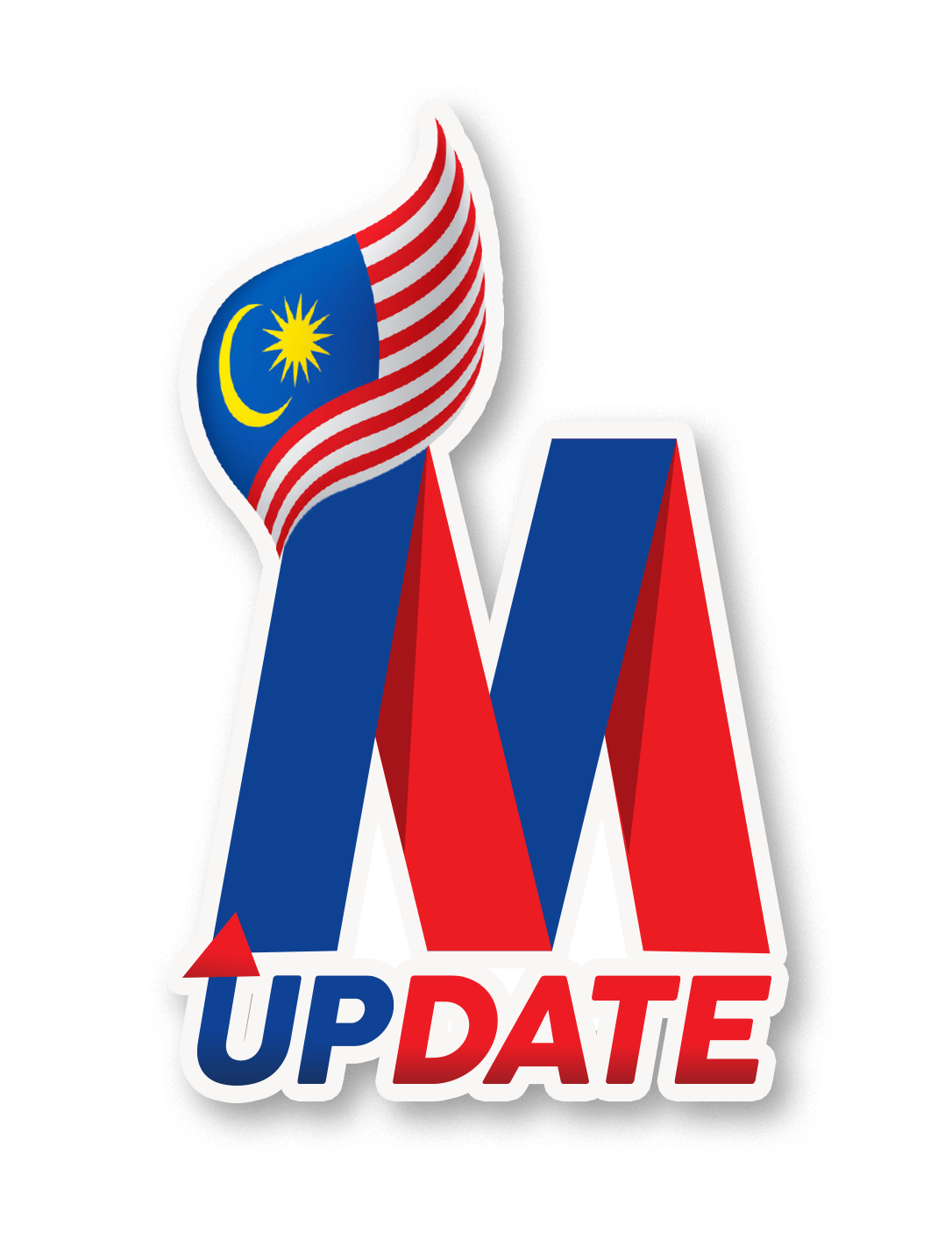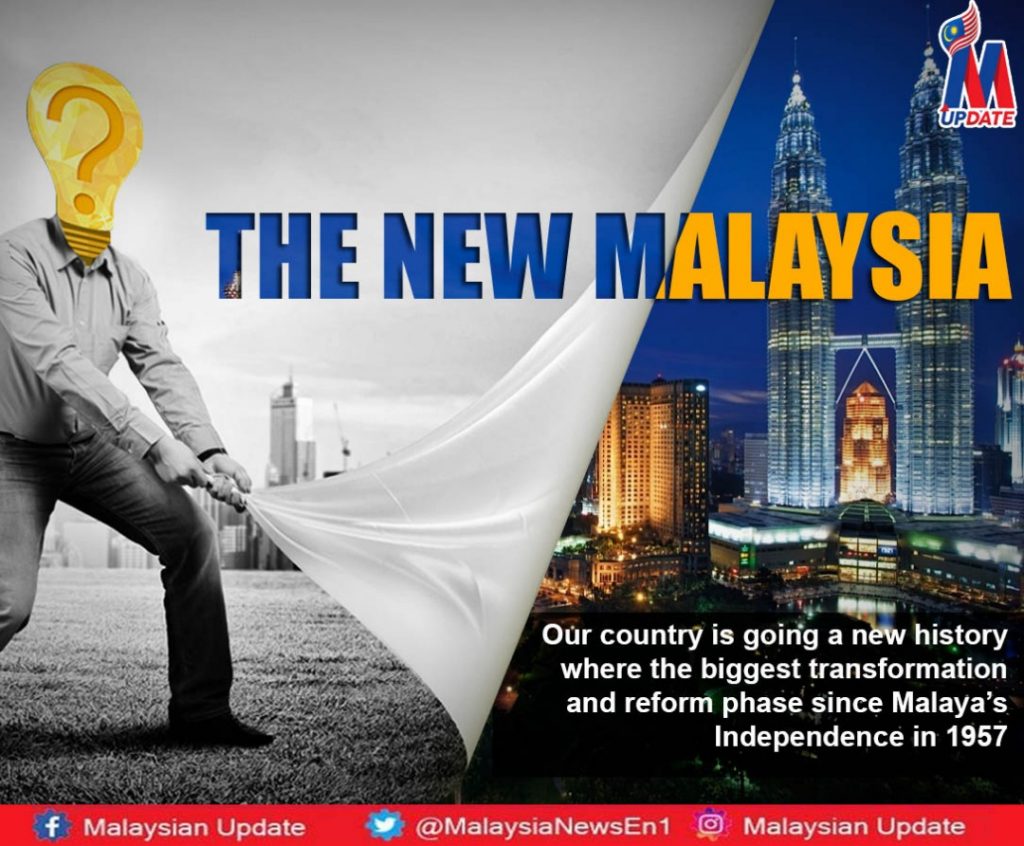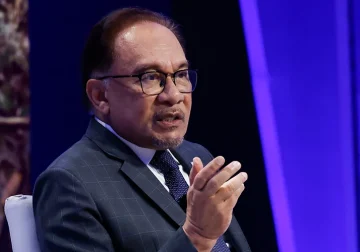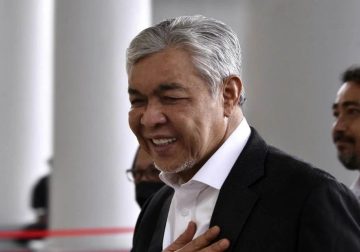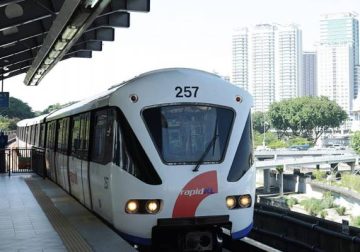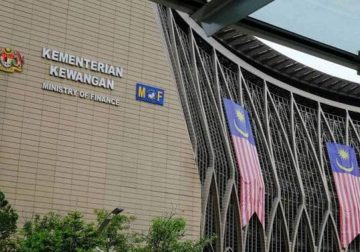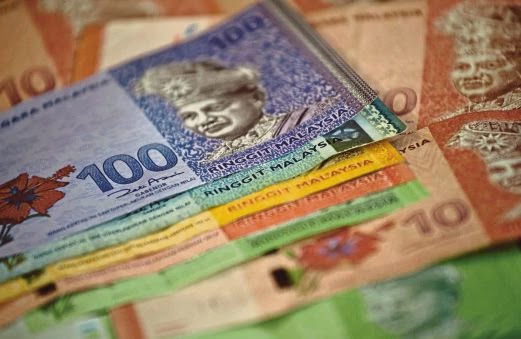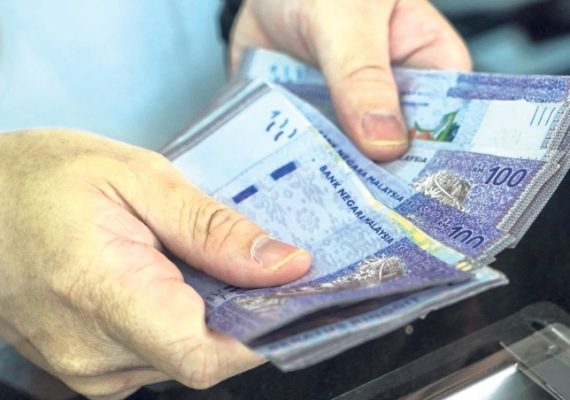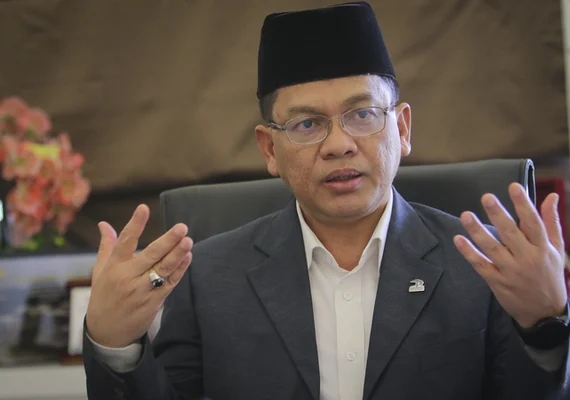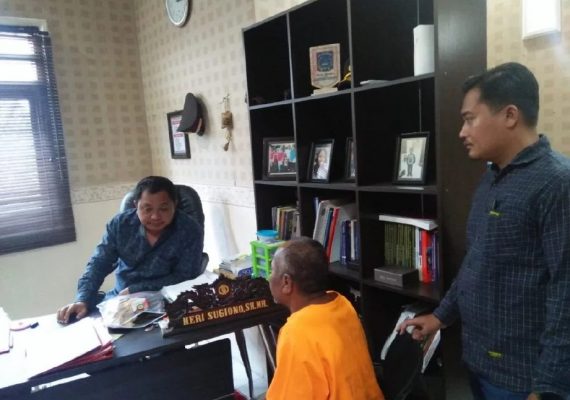Since Pakatan Harapan coalition succeeded in forming the government at the federal level and in several states after the GE 14, one of the popular slogan that have emerged is “New Malaysia” or in Malay Malaysia Baharu. However, many peoples at the grassroots level are still unclear what the term meant. So what does New Malaysia really mean?
According to Dewan Bahasa & Pustaka (DBP) online, baharu or new means: to repair, so that a thing become new; or to repeat; or to start something new; or to replace or change with something new. Therefore, it could be summarised that New Malaysia is an effort to repair what needs to be improved or to repeat previous successes that have made the country respected in the past.
The New Malaysia concept is meant to restart a more progressive and visionary move by putting in place new strategies so that the goal of making Malaysia a great and respected nation-state can once again be achieved.
In his speech to the 73rd UN General Assembly in 2018, YAB Prime Minister, Tun Dr. Mahathir Mohamad had stated through the New Malaysia concept, is government and leadership is committed to ensuring that every Malaysian will enjoy the nation’s prosperity buttressed by equitable distribution of wealth generated by the nation-state.
It should be remembered that the emergence of New Malaysia is a response from Malaysians who wanted changes in the political, governmental, economic and social systems. Malaysians want a New Malaysia that upholds the principles of justice, has a good governance, high level of integrity and exalts the concept of the rule of law. Many changes were implemented.
First, the size of the Cabinet and membership was less than 30 compared to the previous government. Reflecting a more confident leadership, policy decisions in the cabinet are no longer based on consensus but on majority support. With this method, a decision would be easier to reached for the benefit of the people compared to previous method of consensus where decisions have reached stalemat due to one of two dissensions in the rank.
Second, effort to eradicate corruption intensified. Many steps were initiated to propel this movement. Government officials are dissuaded from accepting gifts, except perhaps token. Any donation to any party within the government is unacceptable without prior consent from the cabinet.
Third, there is some latitude open to the media and more freedom are obvious as he former could now engage in many reporting that would have been restricted during previous government. However, the new ruling party is still mindful of any reports that may create tension and uneasiness among it multi ethnic population. Nevertheless, there is already a more lax attitude, believing that the media organizations would be able to exercise their discretion and ensuring that law and order is sustained.
Fourth, the new government under Tun Mahathir is set to be a business-friendly government, and adopting a more open participation. Managing business start-up will be simplified and bureaucratic red-tapes to be reviewed.
Regarding the economy, the Government has indicated that it will revisit the law that restricts the freedom to trade in an effort to make the activities freer and easier. All projects will be conducted through an open tender system in an effort to be transparent. Government has stated that it will encourage and accept investments, both FDI (Foreign Direct Investment) is slated to bringing capital and technology, erecting factories and producing local market products or exports. For development projects such as the construction of new townships, local companies are given more preference as they have proven their capabilities and would also be more local sensitive. In large-scale infrastructure projects, foreign participation will only be allowed if there is no local expertise.
The new government is bent on upholding regarding the rule of law, in terms of administration, all Government’s work in governing the government will be carried out according to law. This has been reiterated by members of the ruling party and that it will apply to anyone regardless of rank, status or education. The government is also reviewing laws and regulations in efforts to strengthen governance and weed out obsolete laws.
The Government is committed to distributing the nation’s wealth to all parties fairly and equitably. The Federal Government has also promises to reinstate rights of Sabah and Sarawak as enshrined in the Malaysia Agreement 1963 (MA63) and to examine the extent to which the matters in MA63 are implemented to safeguard the rights and interests of local residents in Sabah and Sarawak.
Conclusion
The new government is going forward with new visions and missions to create a Malaysia that was first envisioned by our forefathers. It is the greatest challenges to have emerged since Malaya’s independence in 1957 and the formation of the Federation of Malaysia in 1963. The country is going through a transformation and reform phase that demands all parties to work together and strive to achieve the goals of a new Malaysia. We as people who love this nation should cooperate and work together so that we can continue to enjoy the blessings of independence, prosperity and successes of our great nation. Anything else is secondary.
Dr Al-Azharri Siddiq Kamunri.
The writer holds a PhD in Politics and Government and has interests on issues relating to nation-building, national security and patriotism. The sources referred to in this article is from YAB Prime Minister’s speech, connected to ‘MALAYSIA BAHARU’, that appeared around the month of October, 2018.
